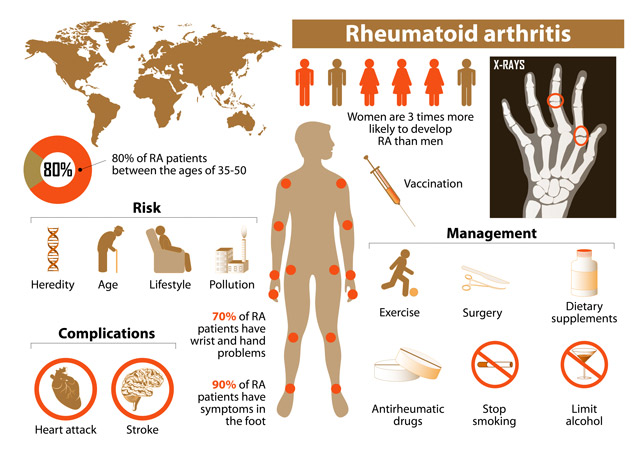Vitamin K and the Arthritic Patient

Can vitamin K help people with arthritis? Research suggests vitamin K and vitamin K2 may be beneficial.(30, 50-52)
Results of a clinical study suggest that vitamin K2 may help prevent osteoporosis in rheumatoid arthritis patients. The trial was a 2-year study involving 79 participants.(30)
How does it work? Vitamin K is necessary to help proteins in bone bind to calcium, an important mineral for healthy bones. The main vitamin-K dependent proteins in bone are:(4)
- Osteocalcin (also called bone Gla protein)
- Matrix Gla protein (MGP)
- Protein S
Osteoclasts are cells that remove minerals (like calcium) from bone. In the study, researchers measured osteoclast levels. After 18 months of treatment, patients treated with vitamin K2 all experienced lower osteoclast production. Fewer osteoclasts could help preserve bone density.(30)
Vitamin K is also important for maintaining thick, healthy cartilage in joints. This is because vitamin K helps regulate levels of calcium in all tissue cells, not only bone.(50)
Osteoarthritis is characterized by degeneration of cartilage and other unhealthy changes in joints. Researchers have found that patients with early stage osteoarthritis have significantly lower vitamin K levels than normal. These lower levels correlate to thinner cartilage.(51)

Multiple studies have shown that patients with lower levels of vitamin K are more likely to have osteoarthritis in the knees. The disease is also more likely to progress in patients with very low levels of vitamin K.(51-52)
After 3 years in the Health, Aging and Body Composition Study, older adults with very low vitamin K were found to have the following:(52)
- Articular cartilage damage
- Meniscus damage
- Osteophytes
- Bone marrow lesions
- Subarticular cysts

